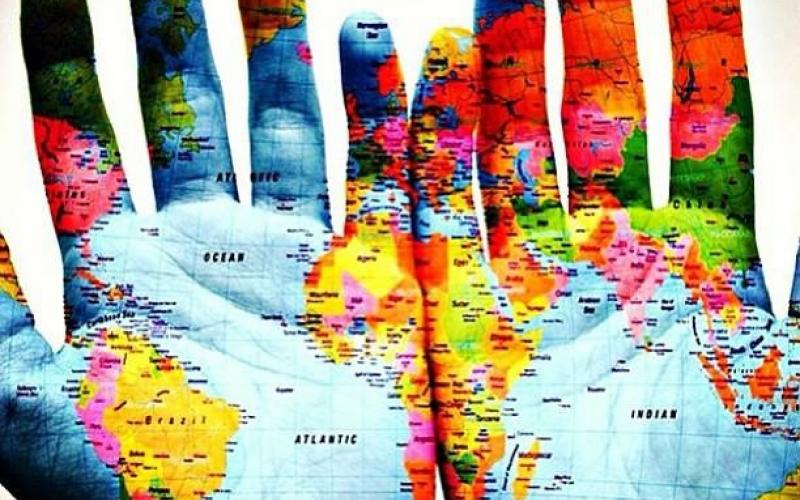
Conference: Language and Migration: Experience and Memory
May 7, 2020—May 9, 2020 ·
Princeton Institute for International and Regional Studies; Humanities Council; Department of Comparative Literature; Department of English; Lewis Center for the Arts; University Center for Human Values

Language is a vital, but underexplored, factor in the lives of migrants, immigrants and refugees. It has a direct impact on the experiences and choices of individuals displaced by war, terror, or natural disasters and the decisions made by agents who provide (or fail to provide) relief, services, and status. Distilled through memory, it shapes the fictions, poems, memoirs, films and song lyrics in which migrants render loss and displacement, integration and discovery, the translation of history and culture, and the trials of identity.
This interdisciplinary, international symposium on Language and Migration will examine the role of language in the lives and works of migrants.
Part One in New York City will consider how language affects the experiences of permanently or temporarily settled refugees and migrants, those in transit, and the larger population around them. Such groups vary by age and gender, literacy and educational attainment, culture and religion, and the political, economic and cultural contexts in which they seek to settle. They suffer from language problems, loss of language, and linguistic abuse – and their host populations are often linguistically unready to receive them, to attend to their basic needs, or to educate their children. Such linguistic problems are a major challenge to the agencies and NGOs involved. Our keynote speaker will be Prof. Sarah Dryden-Peterson of the Harvard Graduate School of Education.
Part Two at Princeton University, will focus on memory in the cultural work of migrants and immigrants. On Friday evening, the symposium will resume with a reading by Princeton Creative Writing faculty Jhumpa Lahiri, Yiyun Li and Aleksandar Hemon; Saturday’s program will feature a keynote address by Pulitzer Prize-winning novelist Viet Thanh Nguyen and a full-day session on memory, language, and migration.
Princeton’s interdisciplinary “Migration Lab: People and Cultures Across Borders” comprises both humanists and social scientists, while the Study Group on Language and the UN includes diplomats, United Nations staff, NGO representatives, and academics in a range of fields.
This symposium is co-sponsored by the Princeton Institute for International and Regional Studies and the Esperantic Studies Foundation.
To find more resources on Language and the United Nations, visit the Language and the UN Bibliography.















